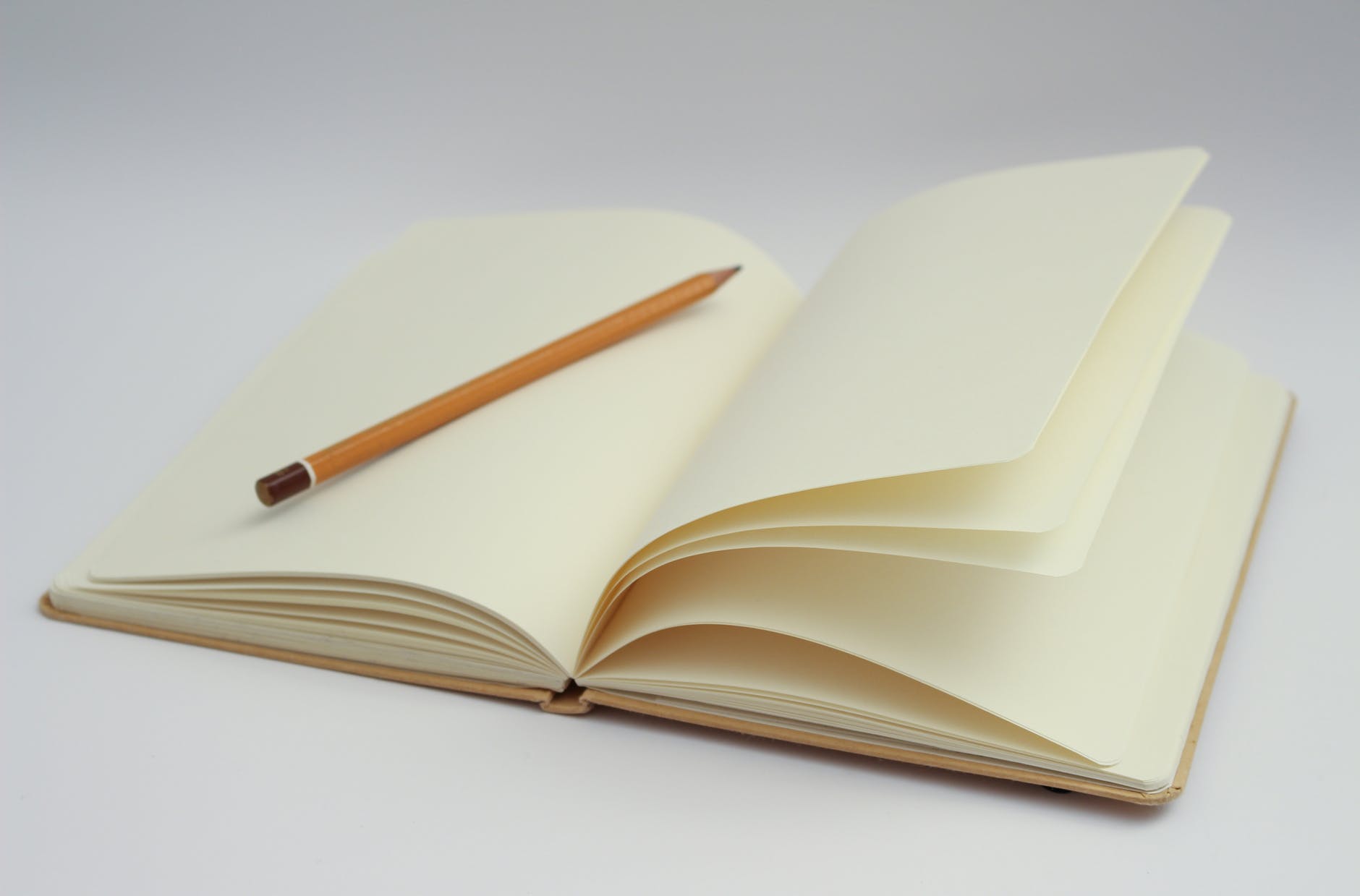This article is a part of Series: The Knowledge Workflow
- Personal Knowledge Flow. Find the missing links of your mental process
- Note-taking workflow: To build and extract knowledge from digital notes
- Building blocks of true Knowledge: Atomic understanding
- Beginning of original thinking: Reflective thinking
- Purpose of Trigger points in PKM (No, NOT keywords)
- How to make your ideas powerful? & The first actionable step.
- The difference between “journaling” and “note-taking”
- Is instant gratification bad? How long I can postpone my gratification?
- Measuring the ‘ethical’ quality of a writing
- To Do… to Done… & things in the middle…
When I say ‘note-taking’, it is in connection with Knowledge management.
While taking notes, you write for the future (stupid) self (and for others). You read, you understand and then you write (or draw) it for better understanding (and teaching yourself and others). You preserve your understanding (state of mind) for the future in form of notes. Data and conclusion for future reference.
Journaling is for “now”. Journaling is for clarity. Journaling itself is the process of understanding. You write only for yourself. You speak the mind. The journal notes are never meant to revisit though you revisit (relive your memories) it is not primarily meant for it. It is to mirror you. Journaling is to declutter your mind by putting thoughts into words so that you can differentiate logic from emotion. It is an aid for emotional intelligence and emotional wellbeing.
While Journaling, you write in a flow, no rules, no topics, no chapters just do not need to be organized in any way. No rules. Free form writing, even gibberish is fine.
On the other hand, note-taking is purely for knowledge. Facts, logic, and data. The notes are made for connecting, expanding to form new knowledge (findings). Knowledge notes processing (in mind) before writing. Some sit there unchanging, some need constant processing (improvement) if you want to make (or extract) something out of what you learned.
Notes expand. Journals zeros in. Both will have many open ends in themselves (in form of questions).
In PKM (Personal Knowledge Management) those open ends are closed by experience in Journals, while notes are not meant to have openings. Read Building blocks of true Knowledge: Atomic understanding where I wrote about ‘atomic notes’ that are complete in their state and don’t have an opening to write more about them. But they can be referred to, reused, and connected to form new knowledge.
In journals, the option to address an incomplete piece of writing or to close an open-end question is completely under your discretion. No pressure on completing or perfecting it.
Journaling serves the purpose in the process while note-taking serves the purpose when it is converted into a product.
Contrary to the belief, Journaling is not meant for the future primarily. It is for your own reflection, your own clarity (for your own decision-making). Notes are also for clarity and decision-making but are meant primarily for future reference.
Revisiting your journal to relive the moments is one good thing but in terms of interstitial type journaling, it is not the primary intention. Recounting your past experience gives you greater mental clarity over the presence and it has many other benefits that we can discuss in another post.
Philosophically I’d like to say “knowledge notes are for the brain and journaling is for the heart”.
Those who do both can understand what I said. If I missed anything that you have in your mind, please let me know in the comments.

One Comment
I really liked the way you put the difference between journaling and note-taking in words. As brazilian who native language it’s portuguese and so we don’t have a translate to journaling, I feel like missing something about how writers think about it, even if I myself have no doubt that I’ve been taking journaling notes for a long time. I’d appreciate to hear more from you about journaling.